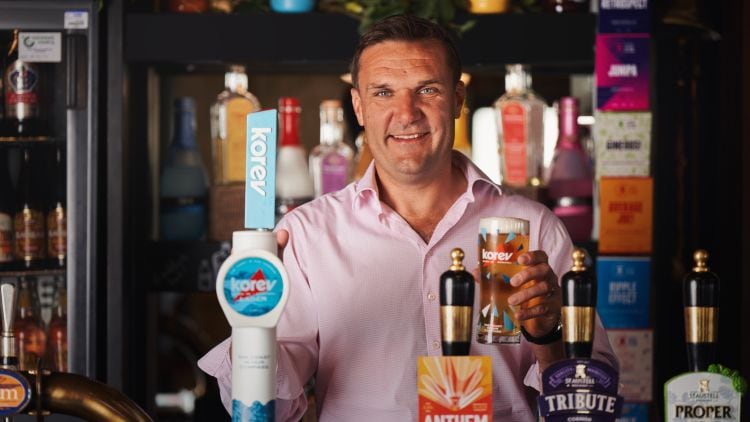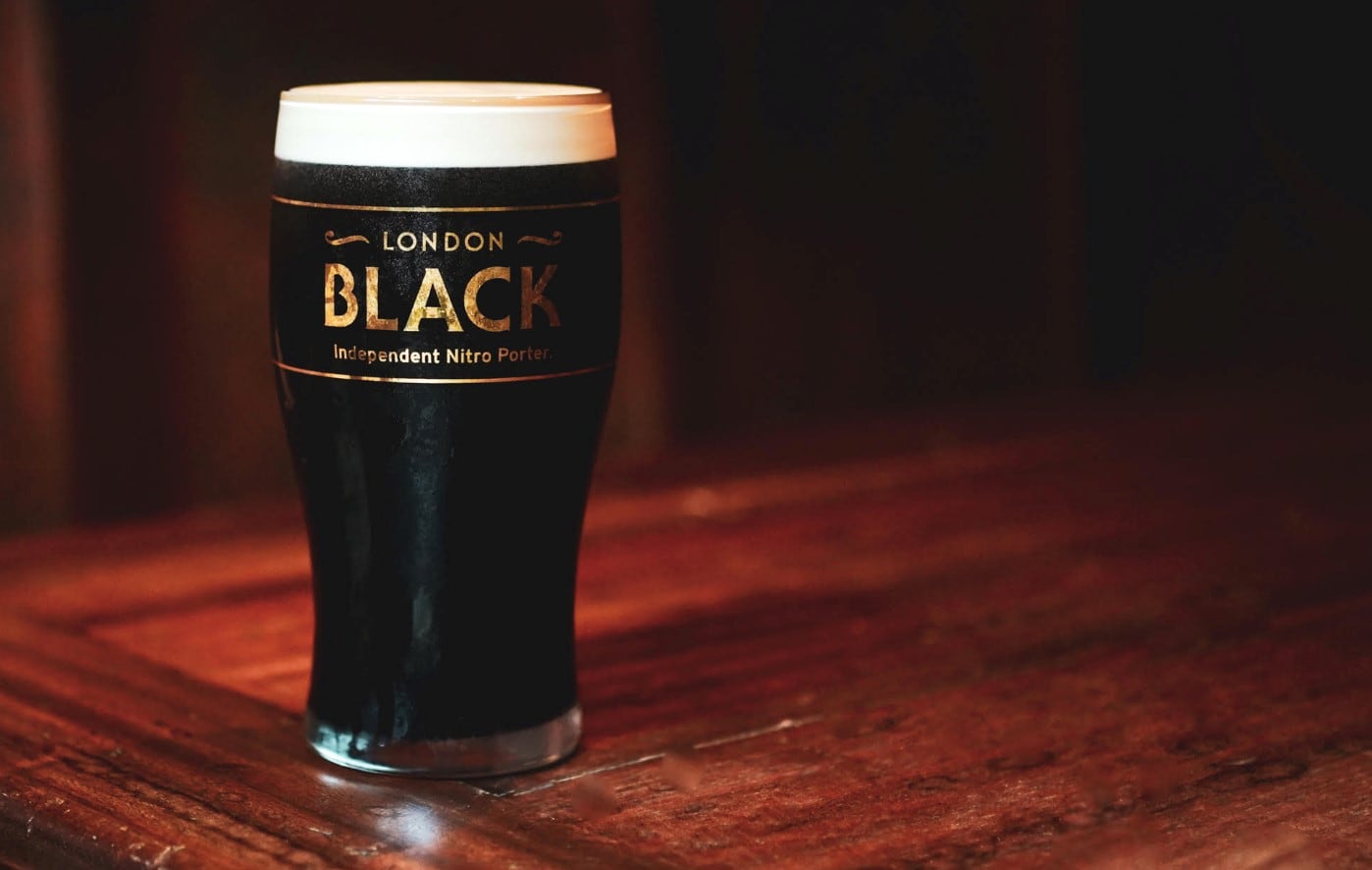Speaking at MCA’s Pub Conference, Turner said the pub company remains fiercely committed to both its brewing heritage and pub estate.
“We’re a fairly complex business…we’ve got a big logistics network, a huge free trade business, a couple breweries,” he told delegates. “We see growth in all of them.
“The model we’ve lived on for 174 years will sustain for the foreseeable future.”
St Austell is therefore investing in all areas of the business, from tech in its breweries to economising its distribution fleet. Turner acknowledged top line growth is challenging to convert in the current climate, but said the company is pulling all levers in its power to sustain sales.
One crucial lever is “training the day parts to work harder” and therefore shielding the business from its overexposure to seasonality. Turner revealed that some venues may pull in £10k per week in February versus £120k per week in August.
Memorable experiences
While summer sales remain highly important for Cornish brewer, Turner believes the company has been overly reliant on tourism in the past.
“Historically we’ve not done a good enough job of connecting well enough with local communities, and being too reliant on the four or five million visitors that come in the summer,” he disclosed. “The opportunity for us is to work harder in those off-season periods to get people in, spending money, having a great time, and coming back.”
St Austell has hence pushed to leverage the trend towards supporting local businesses by using local suppliers. Consumers are increasingly looking for authenticity – “and this plays right into our hands”, with pub operators’ ability to offer personalised and memorable experiences.
“Big hotels and restaurants don’t do it as well or as authentically as we [in the pub industry] do.”
In addition to community connection, another lever is driving incremental sales by broadening trade across occasions. In the past, very few of St Austell’s managed pubs would open for breakfast outside residents. Now, all sites drive breakfast trade worth about £20k per week.
“It’s so that people feel comfortable doing stuff other than sitting and drinking alcohol,” Turner continued. “To me, it’s the environment you create, the service you offer, and how you extend day parts rather than relying on peak times or days. We’re doing a better job than we’ve ever done in terms of designing our pubs.
Differentiated plan
“When there are 200 people in the pub, it feels like a great environment. But when you’ve got 20 people on a dark winter evening, it should still feel like a nice cosy pub where locals want to enjoy their evening out.”
Ultimately, the business pushes forward a differentiated plan depending on season, which comes down to driving footfall in the winter and driving spend in the summer. Turner believed both guest experiences and costs can be managed with the right initiatives.
St Austell may be investing into its customer experience, but it is also managing labour more efficiently than ever, according to Turner.
“Great managers and teams are critical,” he added. “We’ve got stunning pubs in stunning locations, but previously we’ve traded too hard off the location.
“Now location is secondary for why people come to us. It’s not just the scenery and views, but the incredible experience. That subtle change is important for us.”
- This story was originally published in The Morning Advertiser’s sister publication MCA here.




